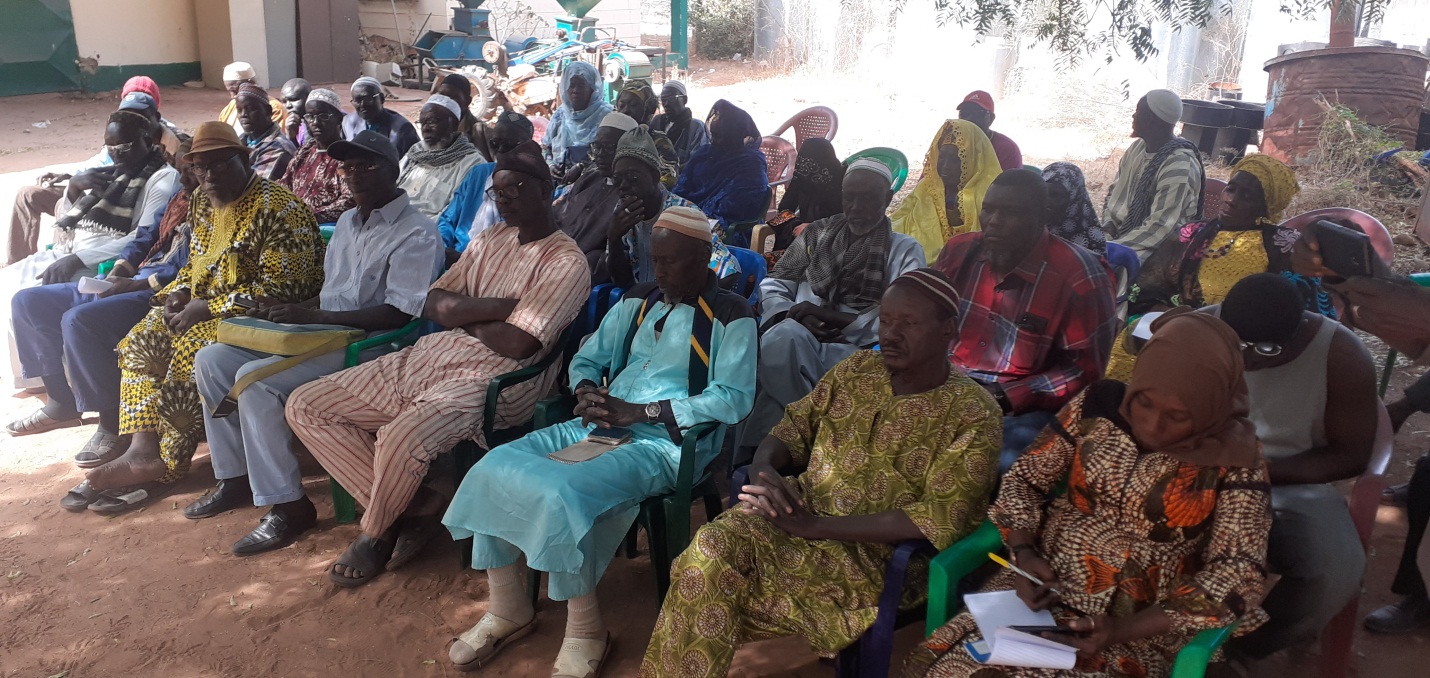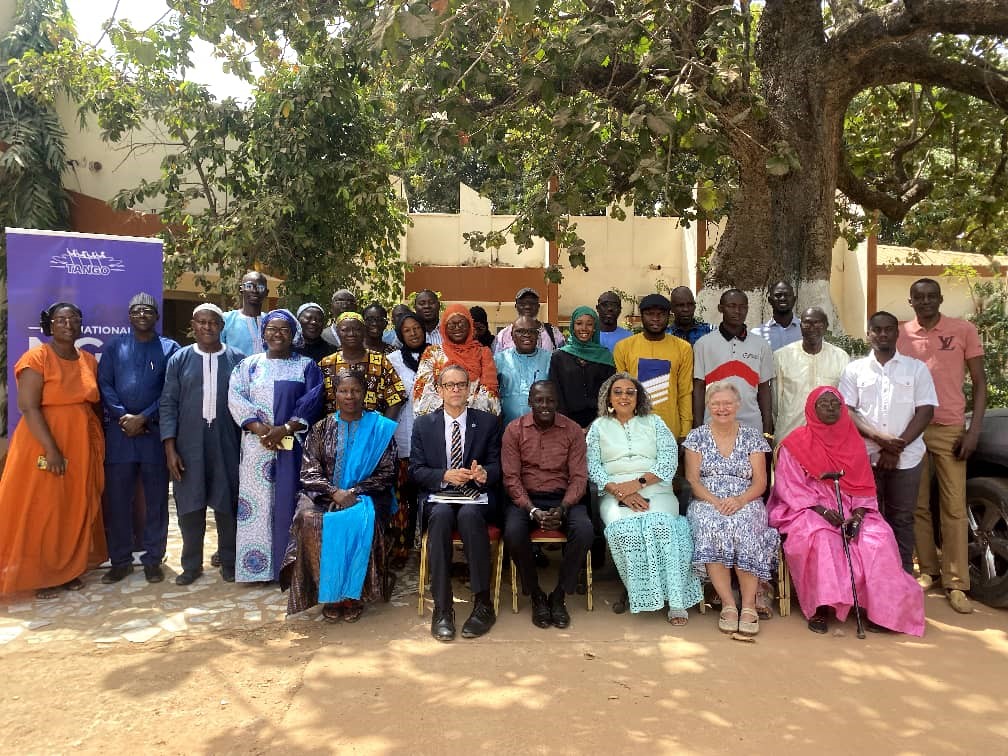By Yunus Saliu
With the support of the African Academy of Languages (ACALAN), the National Centre for Arts and Culture (NCAC) is making progress in the elaboration of the National Languages Policy with a series of regional and thematic consultations across the country.
The aim of the consultation is to gather ideas and experiences from the public related to the development of a National Languages Policy for The Gambia.
On 18th April 2024, the NCAC was at Bintang West Coast Region listening to stakeholders comprised teachers teaching national languages, language activists, festival organisers, women leaders and people in fishing, welding sectors, alkalo, VDC members and so on.
Hassoum Ceesay, the Director General of NCAC, opened the workshop and explained that through the support of ACALAN, the centre is working on the elaboration of a National Languages Policy for the Gambia which will spell out the role of Gmabialanguages in national development.
He said this activity will enhance the amount of information needed to draft the policy while explaining that stakeholders will share their ideas on the current conditions of National Languages in The Gambia and how the role of National Languages can be enhanced so that they can play the same role even more in national development.
He stressed there will be other thematic workshops at the Brikama for traditional and local authorities, another in Banjul for academics and students, and other sections for NGOs and so on.
During the discussions at the Bintang workshop, several points were noted such as how national language policy can support learning in the Gambia schools, quality education, environmental protection, gender empowerment, and community cohesion.
A teacher participant hailed the efforts of the NCAC towards this policy and explained the challenges of teaching Gambian languages in school, especially in grades 2 and 3 saying parents and teachers are sometimes not comfortable that their children have been taught in their mother tongue.
She explained that sometimes, parents can even come to the class complaining about bringing their child to the school to learn English language not local languages.
She explained that this is strange because from her 15 years of experience as a language teacher she has realized that the pupils of grades 1, 2, and 3 are happy and keen to be taught in their mother tongues reading and arithmetic compared to when they are giving English lessons and they will look dull and very unhappy.
African Academy of Languages (ACALAN) is an African Union’s specialized language agency entrusted with the task of overseeing the implementation of the Language Plan of Action for Africa (LPAA)





